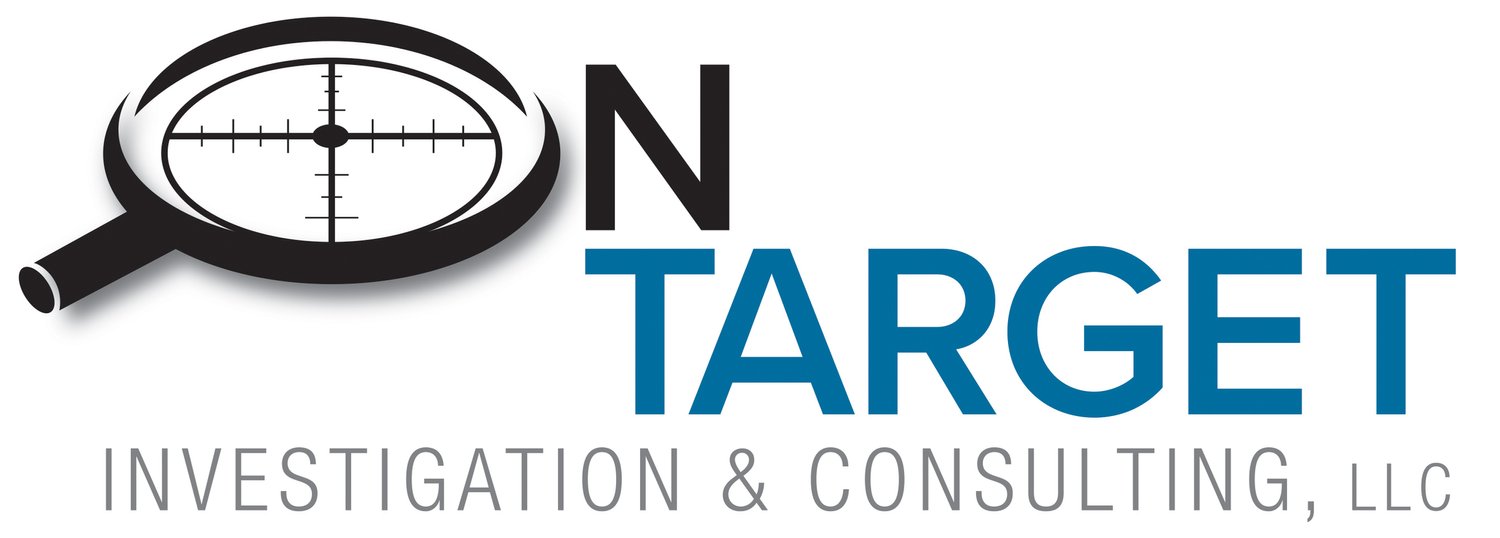What should you ask when hiring a PI?
You have made the decision.
A situation occurs in your life and you consider a number of options to deal with it. You decide that you may need to engage the services of a private investigator in order to deal with it effectively. You research several candidates and schedule one or more initial consultations in order to choose the private investigator best suited to fulfill your needs.
What questions should you ask?
In order to make a wise decision in hiring a private investigator, you need to gather information designed to guide you to that end. Following is a collection of some basic questions to get you started in the process. It is not an all-inclusive listing.
Are you properly licensed? In most jurisdictions in the U.S., private investigators must be licensed at the county or state level in order to legally conduct business.
Are you bonded and insured? Most jurisdictions require private investigators to carry a surety bond in order to protect the consumer. It is also important that your investigator carry appropriate liability insurance.
Do you have the necessary experience to work on my case?A good base of investigative experience is necessary to guide the investigator through the process in order to obtain useful and reliable information for the client. Many private investigators have a law enforcement investigator background. However, there are other experience backgrounds that effective investigators may have such as legal, intelligence, and others.
Do you follow legal and ethical guidelines while working on my case? In order to ensure the integrity of information and evidence, it is crucial that investigations are conducted in accordance with the law and professional standards.
Will you work with my attorney? If you are working with an attorney on your case, it is preferable that your private investigator collaborate with him/her in order to foster an effective response to your situation.
If necessary, will you be available to testify in court? In some cases, testimony in court proceedings may be necessary to resolve your situation. Your private investigator should be willing to present information in that forum. Does this private investigator have experience in providing effective and credible courtroom testimony?
Can you guarantee the outcome of your investigation? Private investigators that are professional and ethical will follow the facts to determine the TRUTH rather than unsubstantiated suspicions. It is important that investigators do not tailor results to a pre-determined outcome, but rather follow the trail to accurate, truthful results.
What will the initial consultation with you cost me? Many private investigators will not charge for the initial consultation. In this session, you will discuss the parameters of your case with the investigator. Based on your research and this discussion, you decide if this private investigator is appropriate to work your assignment. Also, the investigator determines if the assignment is suited for the services he or she offers and decides whether or not to accept the case.
What are your services going to cost me? Some types of assignments may be invoiced at an hourly rate and others may be billed at a flat rate, depending on the specifics of the case. Rates vary among investigators. You should try to hire a private investigator that charges reasonable fees. Remember, you get what you pay for, so that investigator that seems like a real bargain may not turn out to be as effective as you may desire. Many investigators require a retainer be submitted prior to commencing work on your case. The majority of investigators will utilize a retainer agreement to outline the expectations of all parties to the case.
What do you do to stay current and competent in your profession? There are a number of ways that a private investigator can engage in professional development activity. Membership in professional associations is important for accessing resources and networking. Conferences, webinars, and other types of training expose the investigator to new ideas and techniques. Formal educational endeavors by the investigator may be helpful in his/her professional development. Reading professional journals and books also contributes to the development of the investigator’s professional knowledge.
CONTACT US today and ask your questions!

